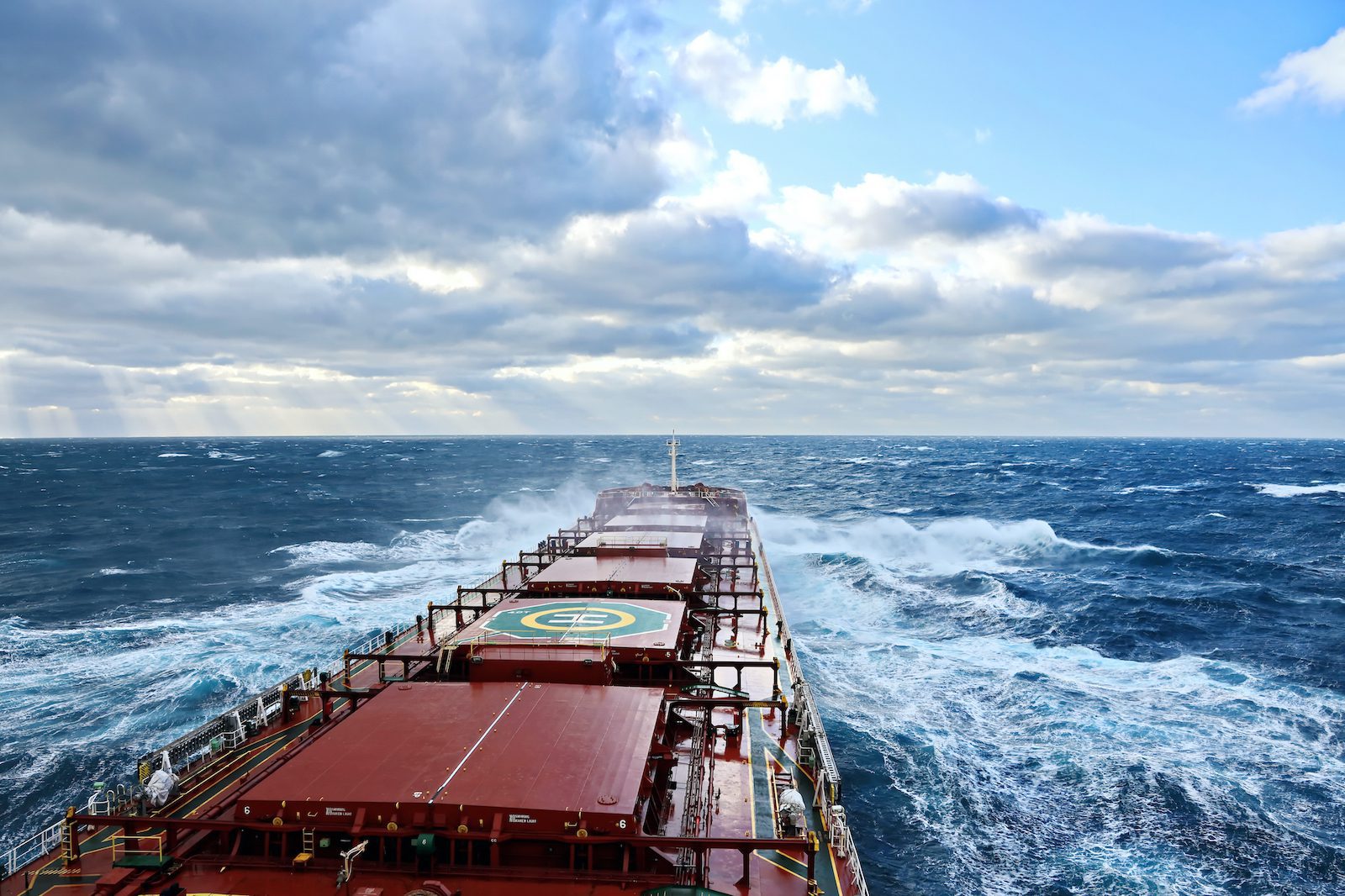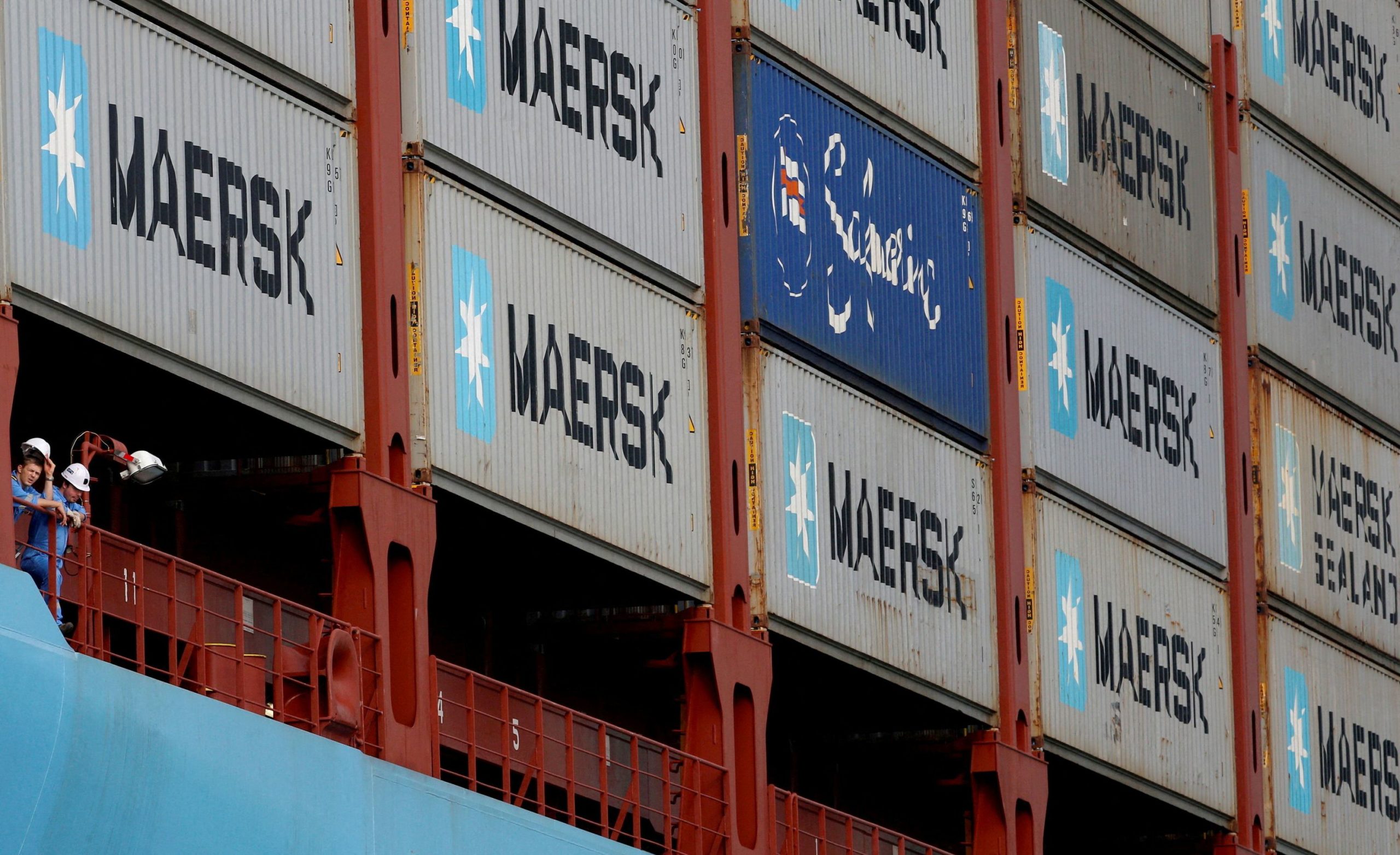Jan 3 (Reuters) – The Baltic Exchange’s dry bulk sea freight index on Tuesday posted its worst decline on record, pressured by waning rates across vessel segments due to weak demand from China amid surging COVID-19 cases.
* The overall index, which factors in rates for capesize, panamax and supramax shipping vessels carrying dry bulk commodities, lost 265 points, or 17.5%, to 1,250, its biggest daily percentage drop since 1984.
* The capesize index dropped 626 points, or 27.7%, marking its worst day in more than four months, at 1,635.
* Average daily earnings for capesizes, which typically transport 150,000-tonne cargoes such as coal and steel-making ingredient iron ore, decreased $5,188 to $13,561.
* Dalian and Singapore iron ore futures dropped on Tuesday along with China steel benchmarks as COVID-19 cases in the country weighed down sentiment.
* China’s factory activity shrank at a sharper pace in December as surging COVID-19 infections disrupted production and weighed on demand, a private sector survey showed.
* “Dry bulk rates are softer to start the year… The decline is not a surprise as seasonal headwinds typically take shape during the first several weeks of the year,” brokerage Jefferies said in its daily note.
* The panamax index fell 97 points, or about 6.3%, to 1,438, its lowest since Sept. 6.
* Average daily earnings for panamaxes, which usually carry coal or grain cargoes of about 60,000 tonnes to 70,000 tonnes, decreased $869 to $12,944.
* The supramax index shed 94 points to $968, its lowest in more than two years.
(Reporting by Ananya Bajpai in Bengaluru; Editing by Shilpi Majumdar)
(c) Copyright Thomson Reuters 2023.

 Join The Club
Join The Club











